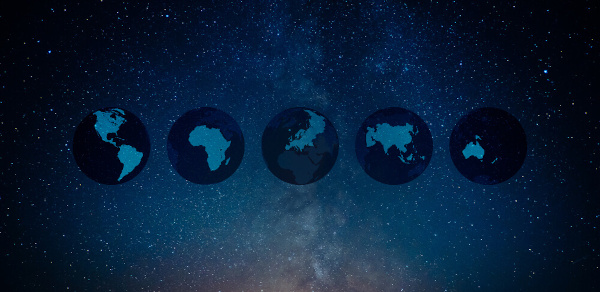This page describes an image How Loud is a Rocket Launch?
Image caption:
This infographic, part of the Simplifying Astronomy for Arabic Speakers project, explores the extreme noise levels of rocket launches, particularly NASA’s Saturn V, one of the loudest sounds ever recorded.
Rocket Launch Noise Levels
Rockets generate immense energy, much of which converts into powerful sound waves. Measured in decibels (dB), here’s how rocket noise compares to other sounds:
204 dB – Loudest recorded launch (Saturn V)
195 dB – Typical rocket launch
140 dB – Threshold for permanent hearing loss
125 dB – Sound begins to cause pain
90-95 dB – Prolonged exposure can cause hearing damage
80 dB – Household appliances
60 dB – Normal conversation
Why Are Rockets So Loud?
The extreme noise results from burning fuel and the rapid expulsion of gases at high speeds, creating intense pressure waves. For massive rockets like Saturn V, the sound waves can cause structural damage to nearby buildings and equipment. Water suppression systems are used to absorb and reduce these powerful sound waves.
Comparison to Everyday Sounds
Vacuum cleaner: 70 dB
Busy traffic: 90 dB
Concert speakers: 120 dB
Rocket launch: Over 200 dB, louder than any naturally occurring or man-made sound on Earth
Why This Matters in Space Engineering
Understanding rocket noise helps engineers design launch pads that protect astronauts, equipment, and nearby structures. Special materials and suppression systems minimize sound vibrations, ensuring safer and more efficient launches.
Scroll to captions in other languages
Image credit:
Ali Al-Edhari
Related glossary terms:
Rocket
Image license: Creative Commons Attribution 4.0 International (CC BY 4.0) Creative Commons Attribution 4.0 International (CC BY 4.0) icons
The media file captions presented on the OAE website were written, translated and reviewed by a collective effort from the OAE, the OAE Centers and Nodes, the OAE National Astronomy Education Coordinators (NAECs) and other volunteers. You can find a full list of credits for our translation project here. All media file captions are released under a Creative Commons CC BY-4.0 license and should be credited to "IAU OAE". The media files themselves may have different licenses (see above) and should be credited as listed above under "credit".
If you notice a factual error in this caption or an error in any of its translations then please get in touch.









